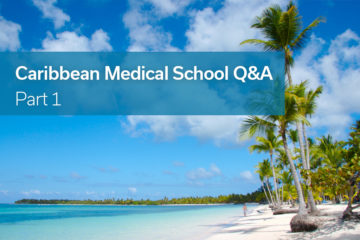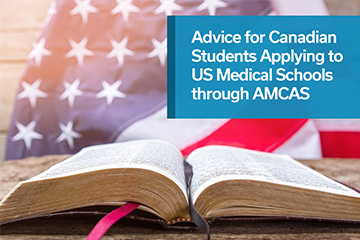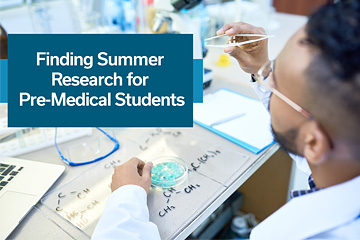
Caribbean Medical School Q&A – Part 1
Internal Medicine Resident, Anderson Lai, is answering questions to help students better understand the Caribbean and international medical school experience and how to improve your chances for residency matching.
Q1. What’s the most challenging aspect about studying in a Caribbean medical school?
A: The biggest challenge in my opinion would be staying focused. There are various medical schools in the Caribbean, and they are all on beautiful islands, with plenty of distractions including beautiful beaches, bars, and outdoor activities. For many incoming medical students, this may be the first time they leave home and it’s also a foreign country. It’s quite easy to lose focus on your goals and spend more time enjoying yourself. You’re not going to be the only one, either. Although coming to the Caribbean is not the first choice for most people, the opportunity to still pursue your dream of a medical career in a comfortable environment can have you falsely believing that “you’ve made it,” when your journey has really just begun. Even if you are personally focused and want to do all you can, it can be tough when there are many colleagues around you who won’t have the same drive and focus, so you can be influenced by them as well to go out and live life too often.
I wouldn’t want to mislead any future Caribbean medical graduates by painting a grim pictures. I thoroughly loved my experience in the Caribbean, and my professors were dedicated to adequately preparing us for our board exams. I got to both have a great time on a beautiful island and get studying done. It’s all about developing a consistent schedule, knowing when you need to study, and making sacrifices when you need to put the extra work in.
Q2. Among many key elements of performing well on electives, what do you think is the most important to make a good impression with the attending physician?
A2: The most important attributes you can control and demonstrate are attitude and work ethic. There are some stronger medical students than others, but you can always show a good spirit. I’ve been through 3 rank list meetings for medical student candidates, and we always remember the students that go the extra mile. For most residency programs, there is usually a meeting with all current residents to go over all the medical student applicants by face, and we discuss how each of us have felt about them. Some things are bad, like if they routinely showed up late, were disengaged, and openly talked about wanting to be somewhere else. Other times, we all chime in on the memorable students. We don’t forget the ones that are always cheerful, showing up early, and always ready to help. The ones that volunteer to follow up with the case manager on discharge planning, know the updates on a patient’s pending operation or an afternoon lab result, and contribute insight to the “assessment and plan.” If you’re genuinely curious and engaged, that goes a long way. Residency programs can coach anyone up if they’re willing. 3 years of intense work will be more than adequate. However, no one wants to work with someone that’s not a team player and won’t pull their own weight.





